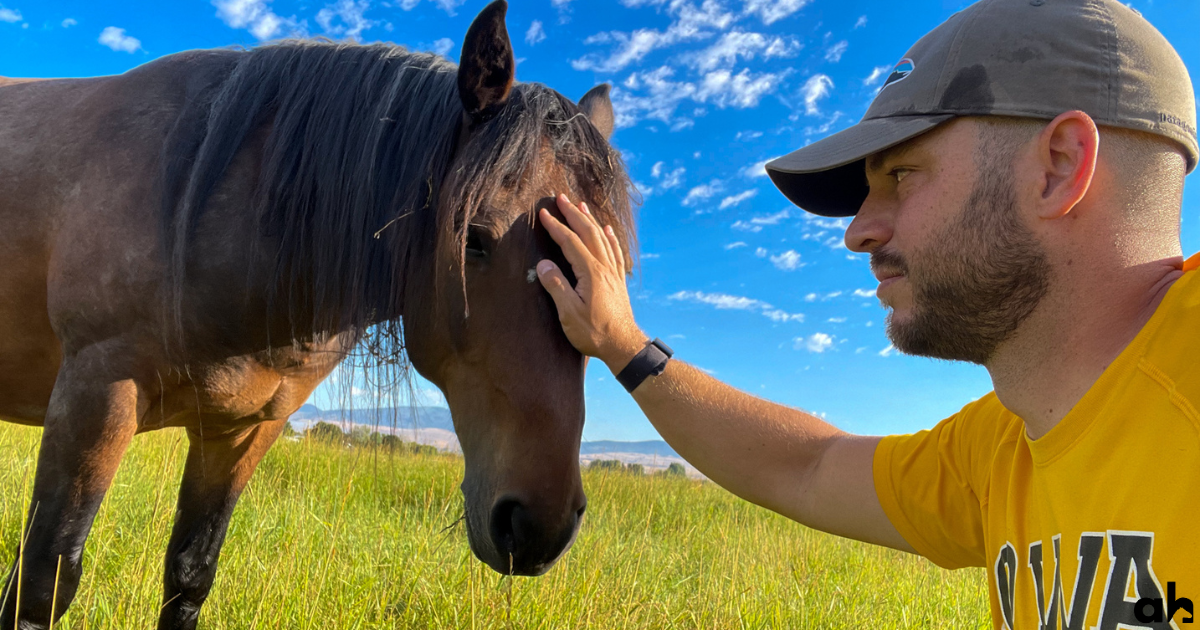About
Aspiring Horseman
We’re on a mission to help people become better horsemen, arming them with the skills and resources to empower themselves and their horses.
100% free, unsubscribe anytime.
as·pir·ing
adjectivedirecting one's hopes or ambitions toward becoming a specified type of person.
We look at horsemanship as a partnership. Not ownership.
We reject the “this is how I’ve always done it” mindset and are always open to learning.
We work to set the horse up for success.
Horses are either good or bad.
Horses are neither good nor bad.
The current state of your horse is the summation of what he’s experienced, what he’s been taught, and what’s been reinforced.
Did you come out of the whom knowing how to tie your shoes?
Nope. You were taught.
Expecting your horse just to magically perform perfectly, even though you’ve had them sit all year and put no effort into their growth, is like expecting your kids to know all the right answers with any parenting or advice…
Good luck.
You’re setting them up for failure, which is not their fault.
It’s your fault.
How Aspiring Horsemen and their horses excel
Step 1: Leave your ego behind
Come to the understanding that you don’t know it all. You never have, and you never will.
Step 2: Build your resources
Sometimes, it’s not always the information that connects; it’s the messenger. We work to connect you with a variety of horsemen from all walks of life. When you feel like you connect with someone’s message and approach, learn more.
Step 3: Tap into the community
Follow us across all our social media channels to connect with other Aspiring Horsemen just like you!

Origin Story
After growing up working on his family's farm in the Midwest, life brought David to Missoula, MT.
0
Little did he know that a 12-year-old Mustang named Dart would be his inspiration to start Aspiring Horseman.
Dart is a horse initially purchased by his father-in-law from a local facility that trains untouched mustangs and finds them homes.
After months of training, Dart arrived at his new home. Received some attention, but life got in the way.
The work with him stopped.
If you know anything about mustangs, they are unlike your typical domestic horse.
They aren’t a “set it and forget it” proposition. They need to be continually worked with, or (especially for a horse that spent 11 years in the wild), they can regress.
That is precisely what happened to Dart.
He went from being able to ride, pack, and cross water to struggling to get a halter on him.
The truth is, this was no fault of his own.
As winter rolled around, David started hearing negative comments about Dart and about the possibility of getting rid of him.
That struck a chord.
Dart’s current state was not his fault. It was clear he could be a fantastic horse (he had already demonstrated that); but, he needed someone willing to take the time to work with him.
David felt called to action.
He felt like this was an opportunity to prove to people that they should never judge people (or horses) by their current state. Instead, to look at what they could be and to help them reach their potential.